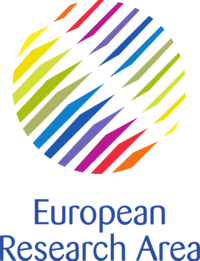European Research Area Networks (ERA-Nets)
The European Research Area Networks (ERA-Nets) are designed to support Europe's digital and green transition through transnational cooperation, improve access to excellent research and innovation for researchers across the EU and promote the transfer from research to industry. The aim of the ERA-NET Cofund Instruments is to promote coordination and joint calls for proposals for national and regional research funding programmes in strategically important thematic areas of European research and innovation.
Research funding organisations and programme managers from EU Member States and Associated States pool financial and human resources for the development of joint activities and launch joint calls for projects via the national funding agencies. For example, the Federal Ministry of Agriculture BMEL participates in a wide range of ERA-NET initiatives via its funding agency BLE (ptble).
Besides the ERA-Net instrument, there are other funding programmes for transnational research projects, such as Joint Programming Initiatives (JPI - e.g. FACCE), PRIMA, CORNET, LIFE, Interreg and others.
ATB contribution to current ERA-Net and transnational projects
-
PulpIng aims stimulating a value chain that goes from the rational valorisation of pumpkin by developing a novel fruit pulp formulation added with a natural-based preservative extracted from pumpkin by-products. The over…
-
The aim of the project is to extend and validate an existing, relatively inexpensive system for monitoring the climate in the barn and emissions (exemplary for dairy cattle). An app or website is to be used to provide ta…
-
The DairyMix project aims to support the transformation of farming structures towards higher levels of diversity by growing more crops in succession or in parallel. This improves the circular flow of carbon and nutrients…
-
The frequency of occurrence of antimicrobial resistances (AMR) in livestock is an important aspect for their spread in the environment and exposure to humans and other animals. The ERA-NET project ENVIRE (Interventions t…

